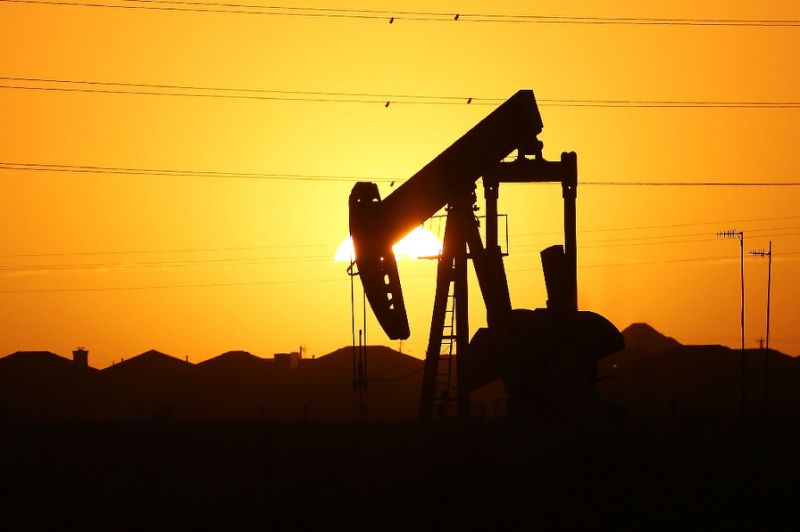Iran has announced that it would start working on new deals to develop oil and natural gas fields in mid-February – a move that will become the country’s first tender since the lifting of international sanctions a year ago. “The plan was to hold the first tender at the end of January, but it will be held with 15 days of delay on February 15,” Ali Kardor, CEO of the National Iranian Oil Company (NIOC), said. “Twenty-nine companies have been qualified, but we would like to add more companies to the list,” he added.
Iran, being the third biggest producer of the Organization of Petroleum-Exporting Countries (OPEC), hopes that the new contracts will help attract foreign companies and boost its production following the years of under-investment. However, some observers think that the contracts are not sweet enough to attract billions in foreign direct investment especially when compared to the attractive deals offered by Iraq, whose energy sector has significantly benefitted from the foreign deals.
Foreign firms have been generally keen to explore Iran’s oil and gas potential but have nevertheless made little inroads into the country despite the relaxation of the sanctions regime. Shell, for example, signed a provisional contract in December to develop the country’s oil and gas fields in South Azadegan, Yadavaran and Kish but the company’s CEO Ben van Beurden said that Shell had no near-term investment opportunities in Iran.
Ultimately, the foreign companies will also likely grow increasingly wary of making big investments in the country especially given the changes in the White House. The new US administration on Friday (3 February) imposed fresh sanctions against Tehran, which it called only “initial steps“. Iranian oil officials, however, said that they were not worried that Donald Trump’s actions would affect foreign investment in the energy sector. Despite the tensions, Mr. Kardor said that Iran’s production would reach 4 million barrels by the end of March.




